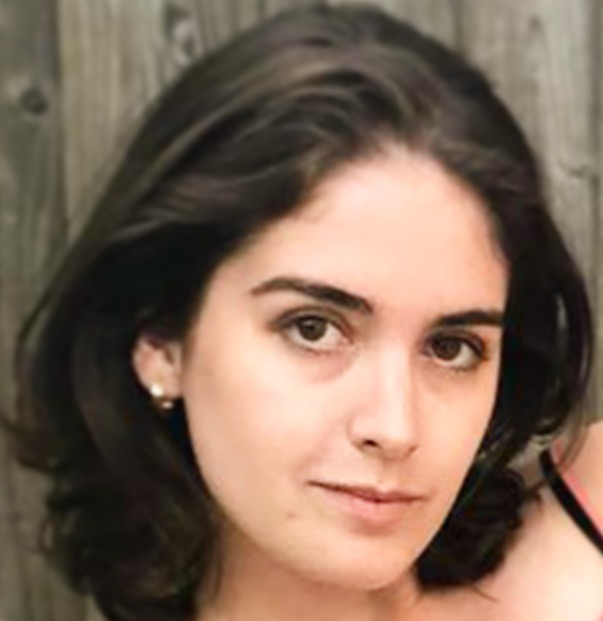Hannah Shergold: ‘Sometimes you win and sometimes you learn, but everything happens for a reason’
Continuing our Women Who Win series is Hannah Shergold, an award-winning artist and former Lynx helicopter commander in the British Army

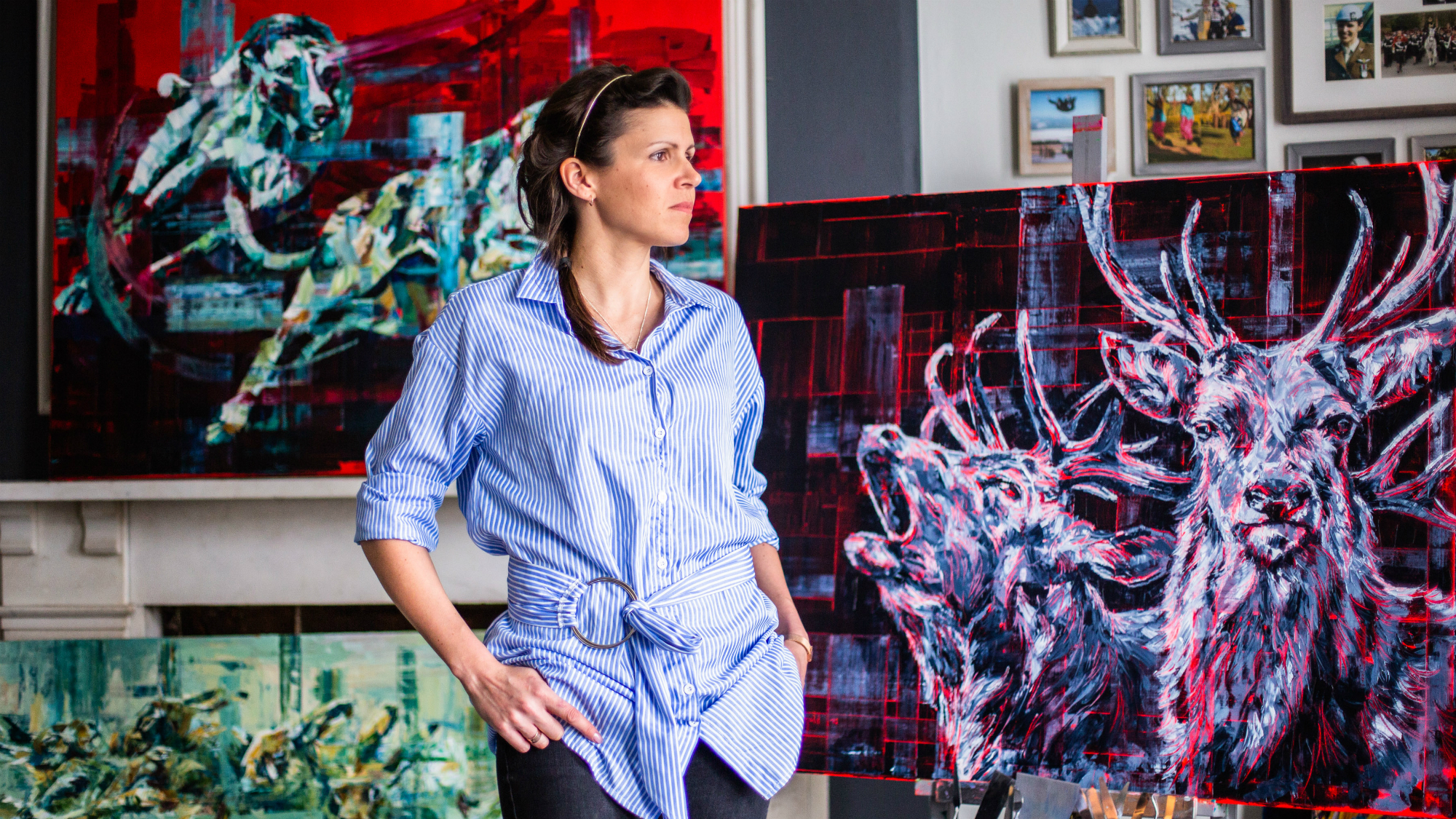
Celebrity news, beauty, fashion advice, and fascinating features, delivered straight to your inbox!
You are now subscribed
Your newsletter sign-up was successful
Continuing our Women Who Win series is Hannah Shergold, an award-winning artist and former Lynx helicopter commander in the British Army
Some people struggle to find the one thing in which they excel - Hannah Shergold is in no danger of that.
Following a degree in pre-clinical Veterinary Medicine at Cambridge University, she became an internationally-exhibited bronze sculptor. Three years later, after what she calls a ‘whirlwind of an experience’, Shergold decided that she needed a new challenge, and joined the Royal Military Academy at Sandhurst.
During her tours as a Lynx helicopter commander, Hannah combined her passions, now working with the WWF as well as recently being selected as the only Wild Card artist for the 2019 Sky Arts Portrait Artist of the Year competition.
Our Women Who Win interview series celebrates strong and inspirational female trailblazers, shaping the future for us all, and Hannah Shergold and her refusal to let anyone or anything stand in her way is that in a nutshell.
We sat down with Hannah to talk about tours of duty, her Sandhurst experience and the words that she lives by.
What inspired you to join the army?
Celebrity news, beauty, fashion advice, and fascinating features, delivered straight to your inbox!
‘My father has been in the army, and his best memories and friends and stories are from that time. I liked the idea that you form such strong relationships with people when you’re going through the same experience. My cousin’s boyfriend at the time was at Sandhurst then, and he’d tell me heaps of stories: the things that most people would say, “Oh my god that sounds horrendous!”, I thought, “That’s awesome!”’
How tough was Sandhurst?
‘There were hundreds of moments at Sandhurst when I thought, “What am I doing?” I remember being on guard in the middle of a night in the woods and it was pouring with rain. I was sat in a puddle, starving hungry and couldn’t fall asleep, otherwise we would get punished. I thought, “One day, I’m going to find it really funny how miserable I am at this moment, but definitely not right now.”’
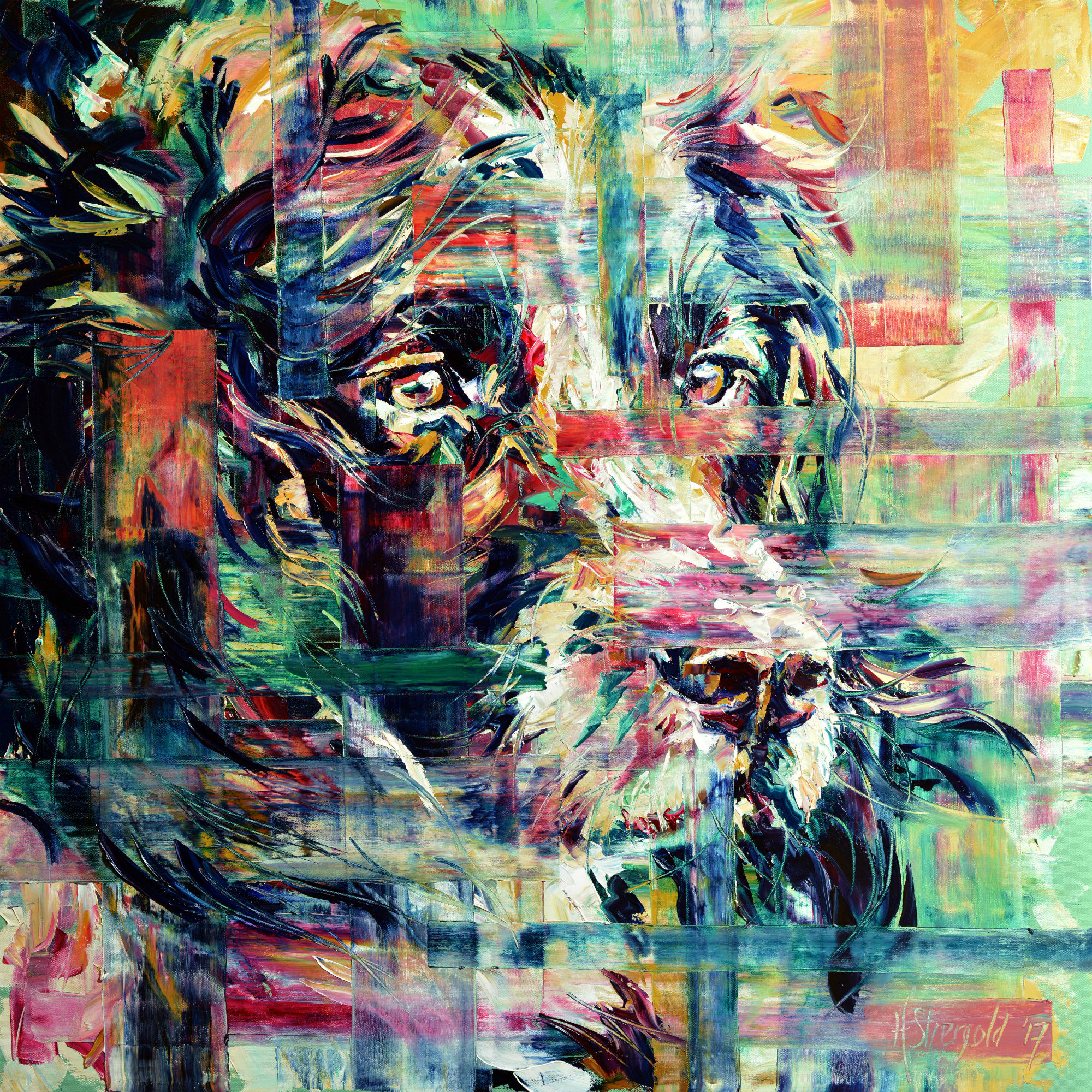
What was it like living and training in such a heavily male environment?
‘The army is full of the most awesome people, and the majority of them are really, genuinely good, but as in any organisation, you come across some people that really don’t think that women should be in the army. I’d be lying if I said I didn’t encounter any prejudice - I didn’t really notice it at first and found it much easier to brush off earlier in my career. I suppose in hindsight I was in survival mode, and also I was so busy I didn’t have time to sit back and think about it.'
Why did you choose to be a helicopter pilot?
‘The short answer is because helicopters looked really cool. My piloting course, which was 18 months long, was the toughest thing I’ve ever done: if things start going badly, you can go from being absolutely fine to being chucked off the course in less than a week. I’m very self-deprecating and would be quite honest about it, and sometimes I found with the guys they would always say that their flights were fine, so I got into my head that I was the only one that was struggling. But I only failed one flight in the entire time I was training: my last one!’
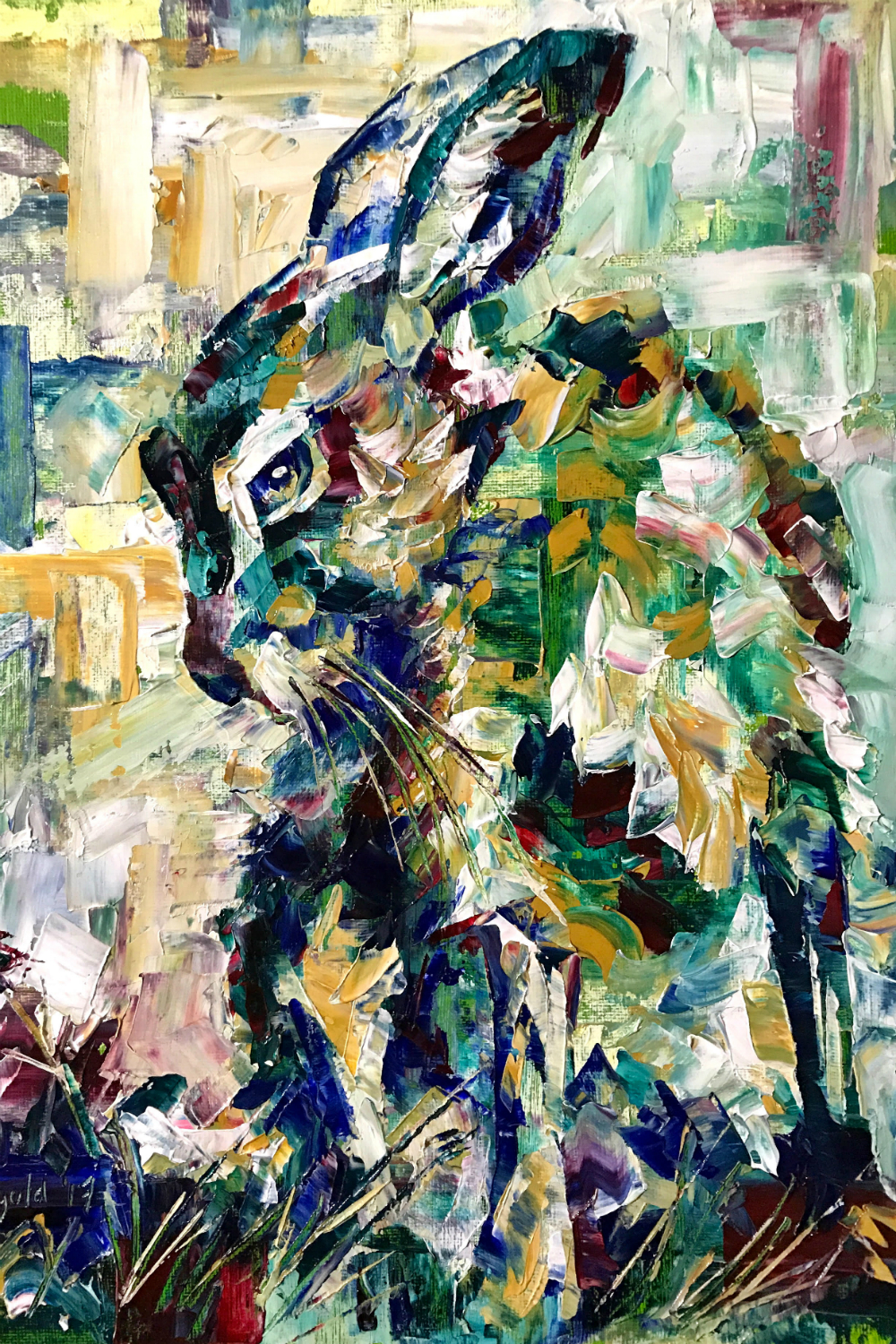
How did you get your start in the art world?
‘My secondary school had the most fantastic art department, with a wonderful old building that looked like a proper old-fashioned artist’s studio. We got to use oil paint and do sculpture: a friend of a friend tried to buy some A-level pieces that I’d made from clay. In 2006, after I’d finished university, I booked myself a stand at Bleinheim Horse Trials to sell statues cast out of bronze – when I booked it I didn’t actually have any pieces to show… I went to Dubai to sell my pieces for three summers, but the credit crunch hit in the autumn of 2008 and luxury products are the first thing to go.’
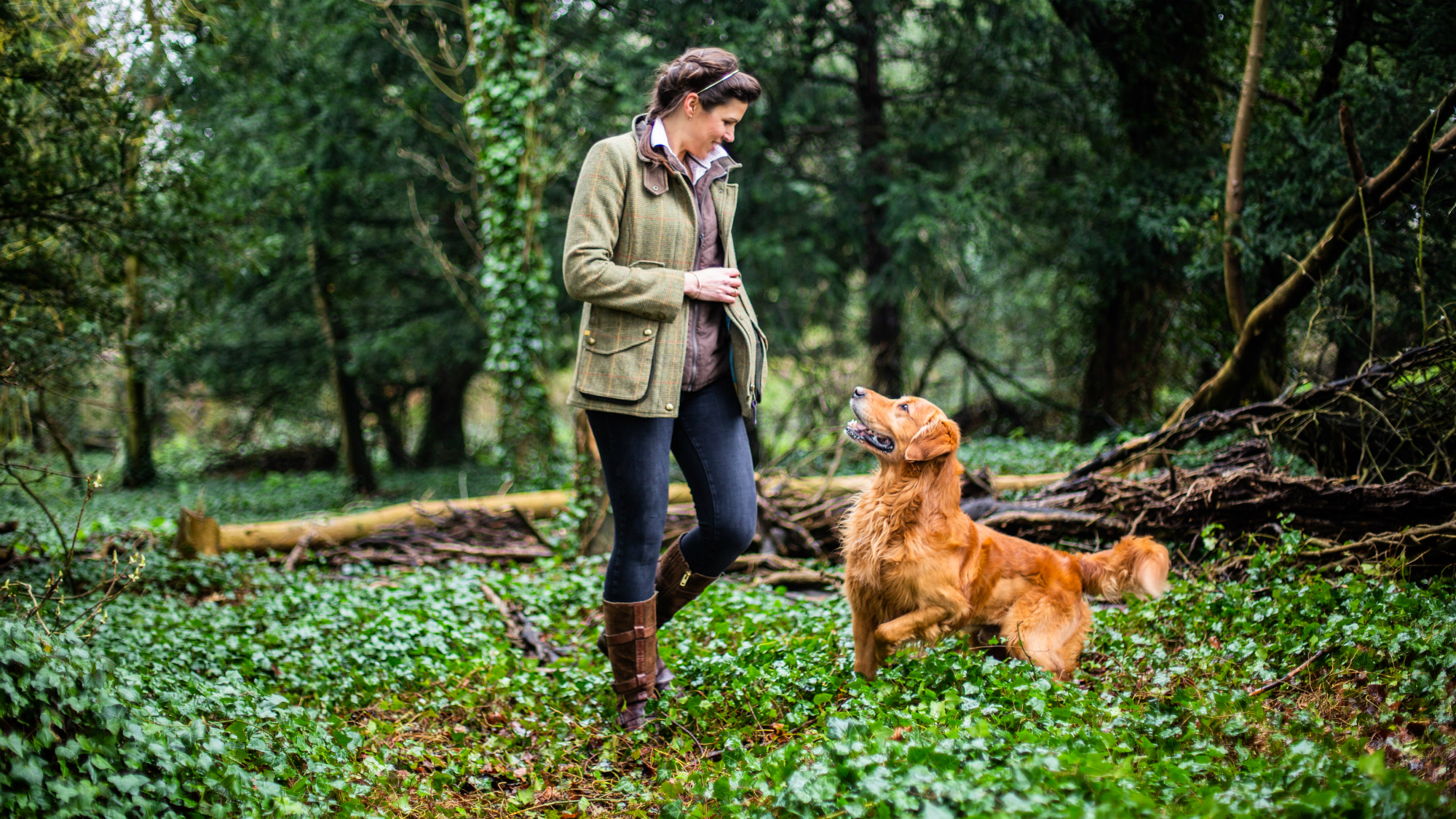
How did you balance art and the army?
‘I was in Kenya for six months on medical duties, which means a lot of sitting around, waiting for something to go wrong. Some people read, some people played on the Playstation, and I drew. I did pen and ink sketches of life out there; I just found it so beautiful out there.’
What's your mantra?
‘Sometimes you win, sometimes you learn. I’m a massive believer in things happening for a reason. If things are genuinely disappointing or go wrong, my fall back is, “Well that happened because something else amazing is going to occur as a result of not getting it.” Pick yourself up, dust yourself off, and start something new!'
How should women ask for more?
‘Have proof that you deserve something. You shouldn’t necessarily be expected to cite that proof, but if someone has the audacity to question why you deserve something, you can back it up quickly with the reasons.’
